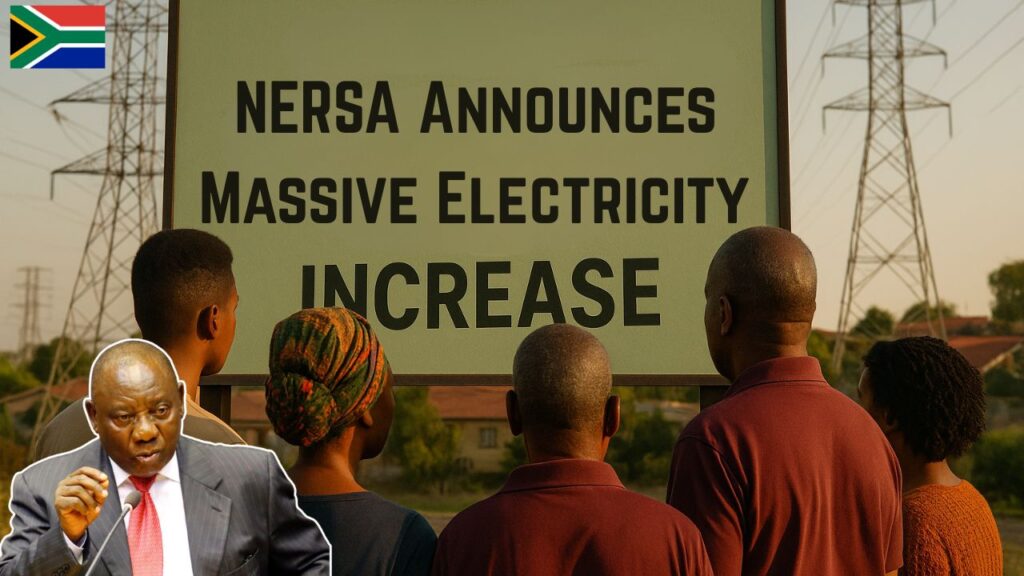The National Energy Regulator of South Africa has announced that electricity tariffs will go up in November 2025. This decision adds more financial strain on households and businesses already struggling with higher living costs. This article explains the key details about the price increase & how it will affect consumers. Understanding the Price Increase The approved tariff increase will impact every electricity user in South Africa. Residential customers will see higher monthly bills while businesses will face increased operating expenses. The timing is especially challenging since many South Africans are already dealing with inflation and economic uncertainty. Reasons Behind the Electricity Price Hike Multiple factors influenced NERSA’s decision to approve this increase.

What Triggered NERSA’s Sharp Tariff Hike?
NERSA states that the increase forms part of ongoing adjustments designed to cover Eskom’s growing operational expenses along with debt payments and necessary infrastructure improvements. South Africa’s power sector faces mounting challenges including load shedding and accumulated maintenance issues alongside widespread increases in energy prices. NERSA has proposed this tariff increase to guarantee Eskom receives sufficient funding to maintain electricity supply while transitioning toward more sustainable power generation methods. Critics argue that this decision forces consumers to bear the cost of poor management & operational inefficiencies.
Updated Electricity Price Increase Breakdown for 2025
Starting in November 2025 electricity prices across the country are expected to increase by an average of 12 percent. The exact increase may differ slightly depending on where you live because local electricity distributors might add small extra charges. For most households this means monthly electricity bills could go up by between R150 and R300 depending on how much power they use. Businesses will likely face bigger increases, especially those that use large amounts of energy. This will probably lead to higher prices for products & services.
How Rising Power Costs Will Affect Families and Companies
The price increase arrives while South Africa faces growing expenses for food, fuel & transportation. Higher electricity rates will put more pressure on family budgets that are already tight and force people to cut back on basic needs. Small businesses that work with very small profit margins will struggle with these extra costs and may need to charge customers more which will affect the broader economy.
Smart Ways South Africans Can Manage the Tariff Surge
This rise in household electricity prices is unavoidable but you can take steps to reduce its impact on your daily life.
– Switch to energy-efficient appliances and lighting options.
– Limit your use of high-consumption devices like heaters and water heaters.
– Learn about alternative energy sources that might work for you such as solar panels which are now more accessible than before.




